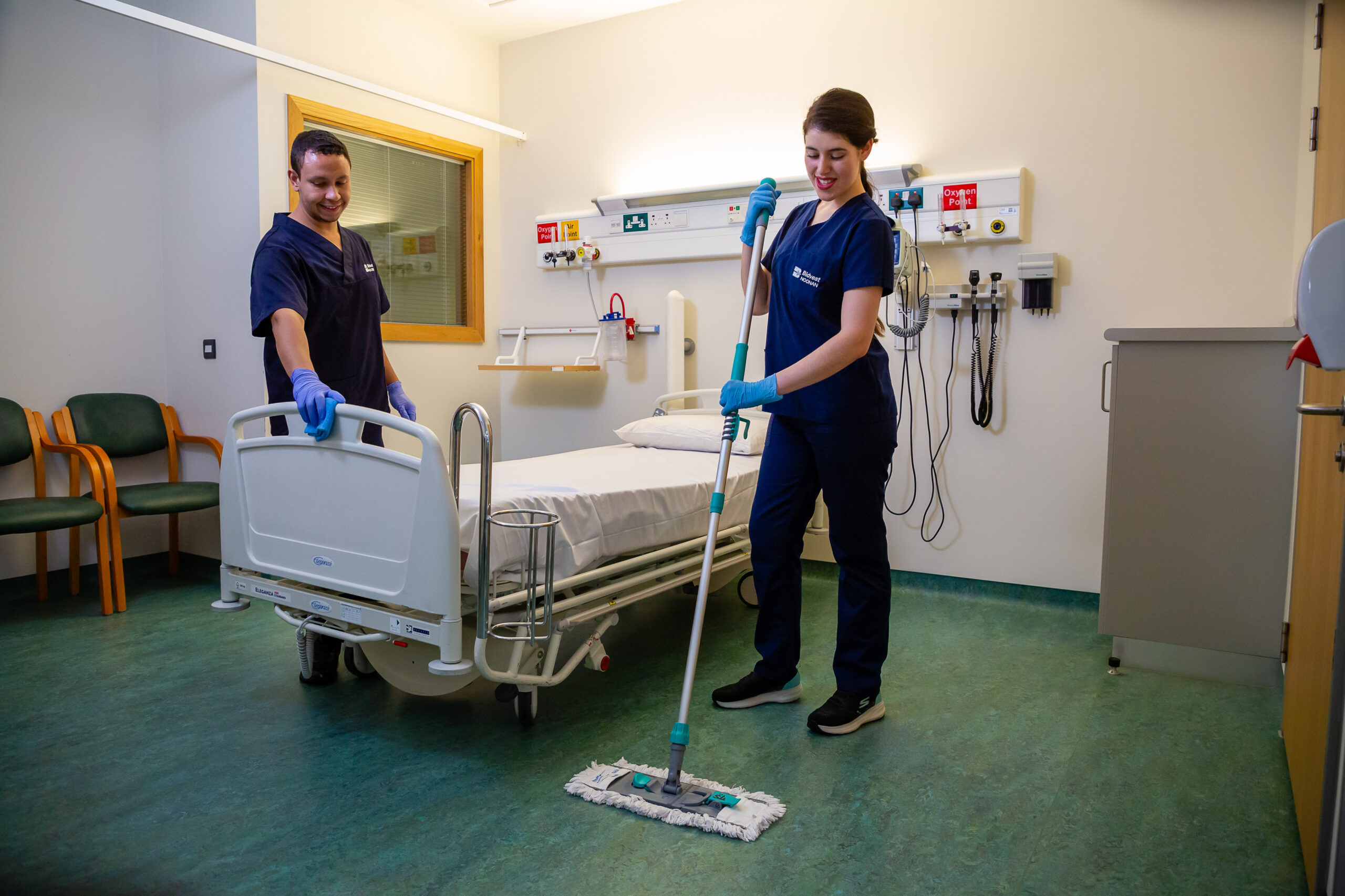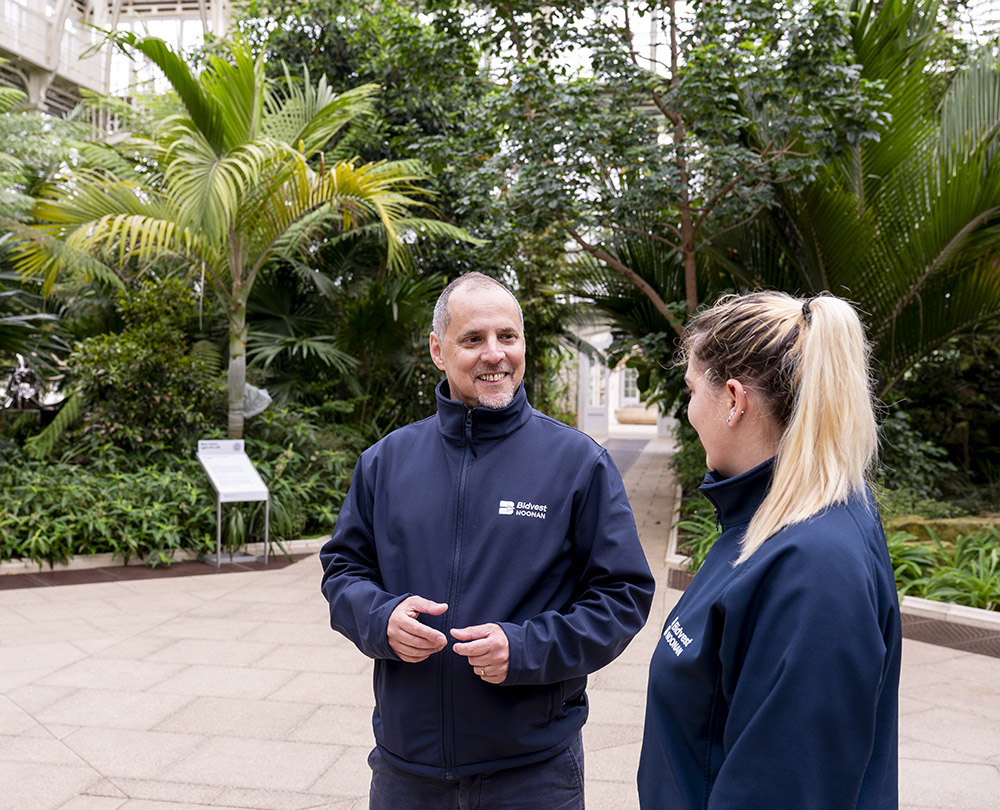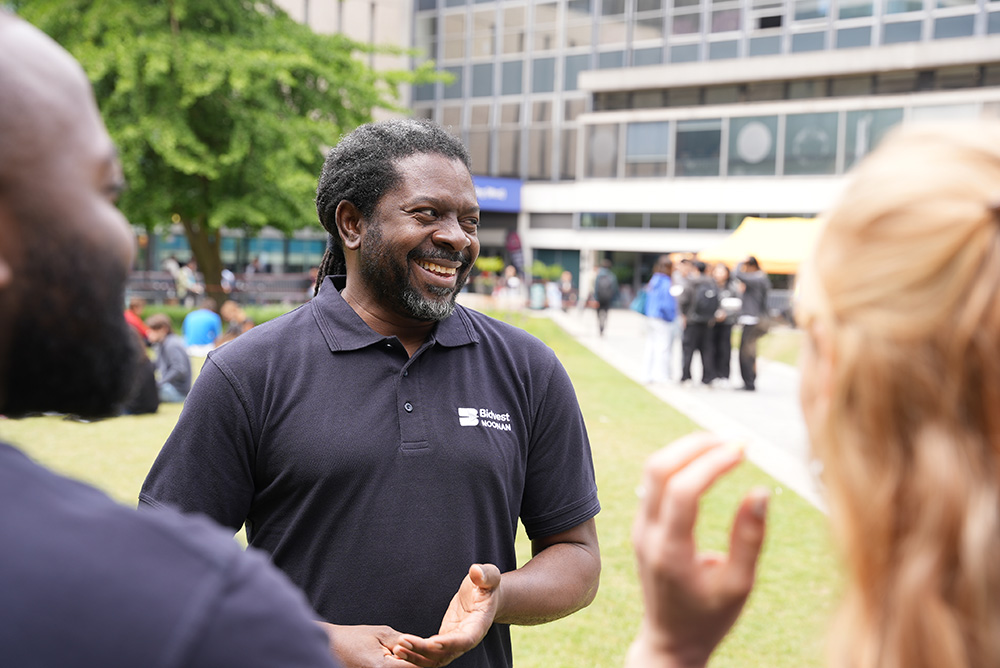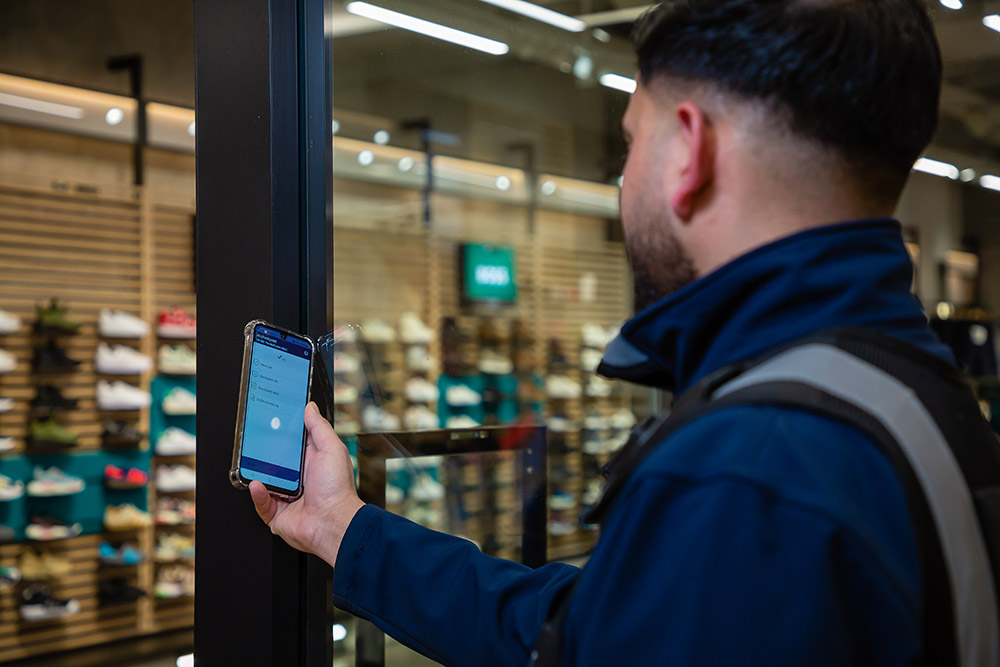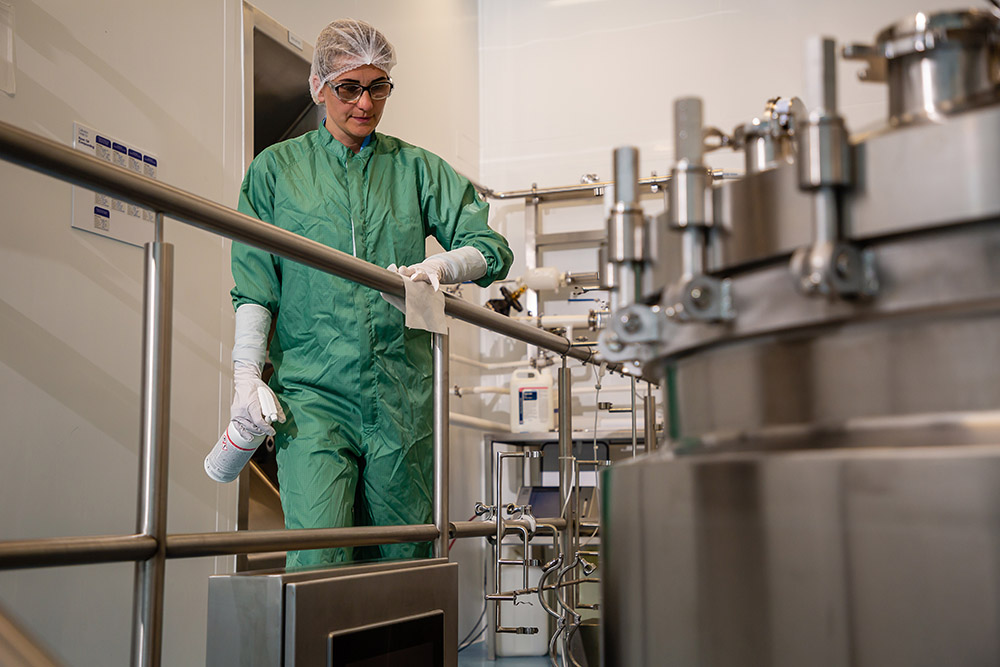Meet Kevin Barrett, Security Manager at Blanchardstown Shopping Centre. In this video, Kevin shares the story of the day a fire broke out at a nearby apartment complex and how he took charge of the response.
From directing his team to making quick, life-saving decisions, Kevin led the effort to get everyone out safely. Watch as he looks back on that day and reflects on what it was like in those critical moment.

